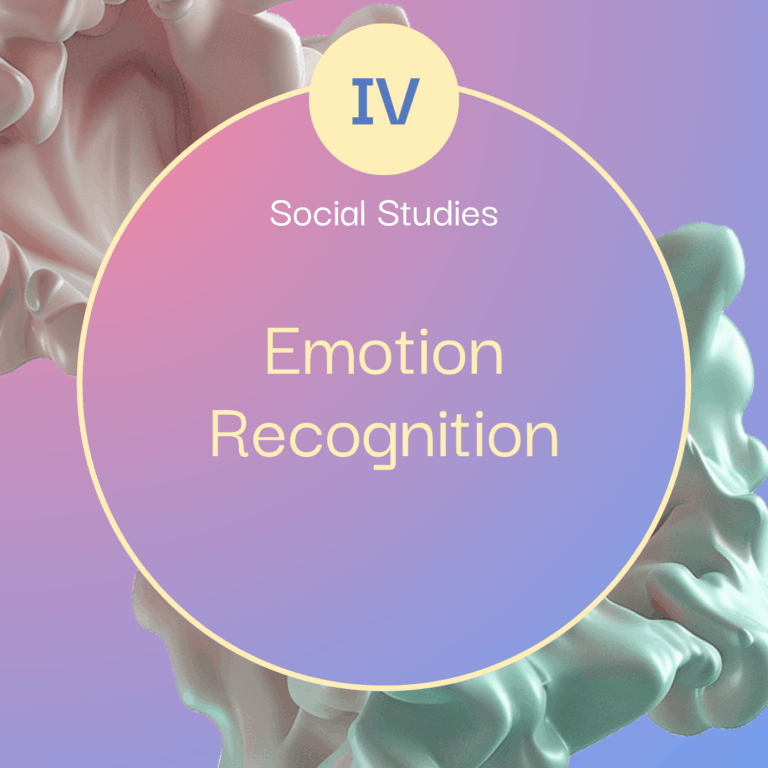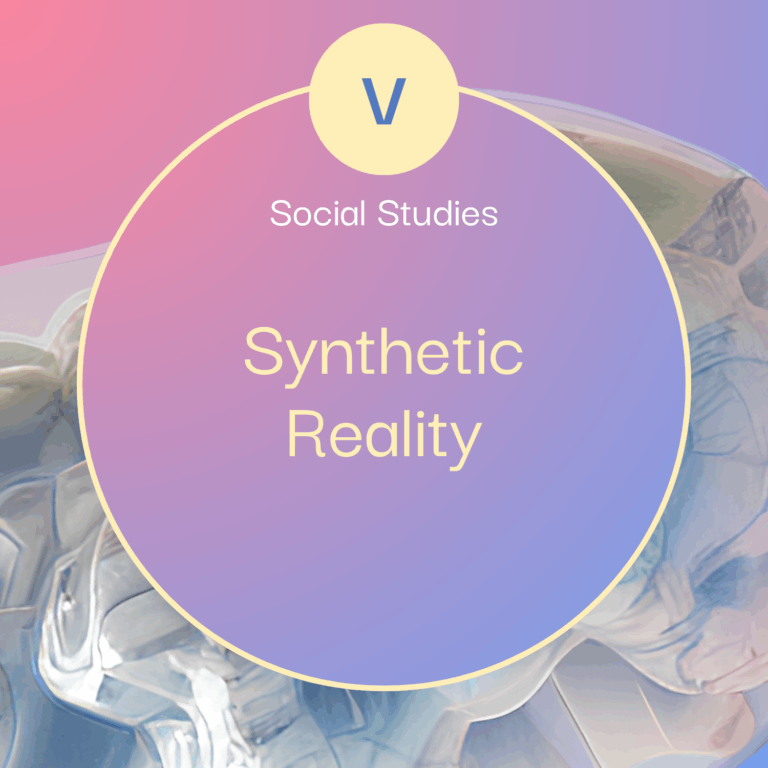Artificial Intelligence Curriculum for Primary and Secondary Schools
AI for Developing Digital Competence
Social Studies II
Microtargeting and Dark Posting
Microtargeting and Dark Posting
The lesson focuses on microtargeting and dark posting — tools that allow sponsored content to be targeted on social media. It builds on the first part of the teaching material for media education and develops the topic using the example of data misuse by Cambridge Analytica in 2016.
These teaching materials were translated using ChatGPT. Please note possible imperfections in the expressions or wording.
Lesson Overview
Lesson Length
45 minutes
Building Blocks
Microtargeting, darkposting
Recommended Age
Children aged 13—15
Tools
Teacher: projection equipment and presentation slides, worksheet
Students: writing utensils, optionally a mobile phone with internet access
What Are the Students Learning?
Content recommendation through microtargeting (not only via dark posting) can be misused for propaganda purposes. The interests and values of the advertiser may differ significantly from those of the content’s recipient.
Why Are They Learning This?
By understanding how microtargeting and dark posting work, students learn to critically evaluate the content recommended to them on social media.
How Do We Know They Have Learned It?
They explain the terms microtargeting and dark posting. They provide a concrete example of the misuse of microtargeting and dark posting.
Bloom's Taxonomy
Remembering: Students will become familiar with terms such
as microtargeting, dark posting, and the OCEAN model.
Understanding: They will explain how microtargeting and dark posting work and how they are used on social media.
Analysis: They will analyze the ethical and social impacts
of microtargeting and dark posting, especially in relation to propaganda.
Digital Competence
Facilitating Learners' Digital Competence.
Five Big Ideas
5-A-III Ethical AI (Practicing Ethical Design).
5-B-I AI & Culture (AI in Daily Life).
5-B-II AI & Culture (Trust and Responsibility).




